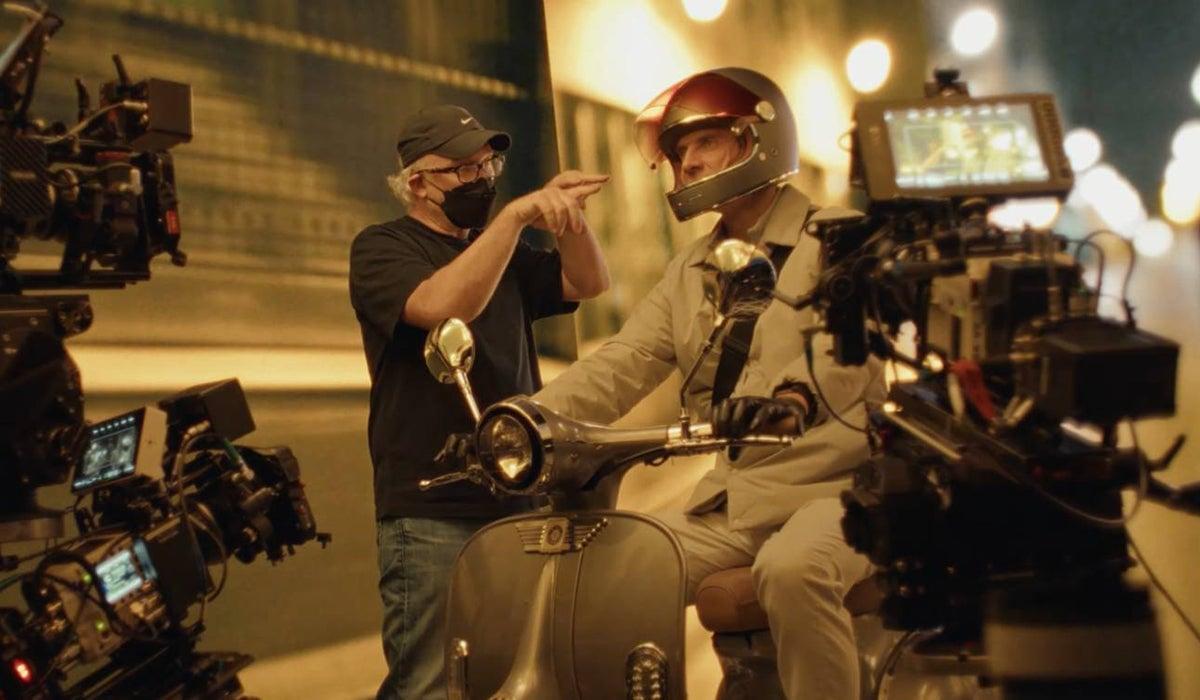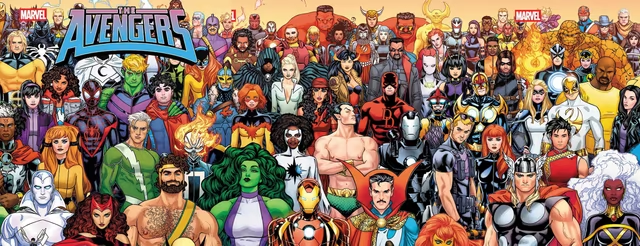If you click on a link and make a purchase we may receive a small commission. Read our editorial policy.
Netflix is better for filmmakers than Warner Bros. and Paramount, says David Fincher
He's not pulling any punches.

Maybe you've watched (or wanted to watch) Netflix's latest hit movie The Killer, from renowned director David Fincher, this past weekend. If you haven't and love thrillers, we recommend that you do. But did Fincher have a good time putting it together? It appears he did, as he can't stop singing the praises of the streamer.
While talking to Le Monde about his latest movie (translated by The Playlist), he elaborated on his relationship with Netflix so far, claiming he's been given more freedom there than in past collaborations with major Hollywood studios: "When you tell them, ‘I have to do these special effects in 4K,’ their first response is, ‘Oh, gee, why do it so expensive?’ They balk at the slightest expense... Netflix has never quibbled with this type of choice... They adopted an industry standard that made sense to filmmakers. Netflix has by far the best 'quality control' in all of Hollywood." All this VFX talk points at projects like The Curious Case of Benjamin Button, we think.
Looking at his works backed by Netflix so far, among which we can find the hit series Mindhunter and the black-and-white biopic Mank, one can see he's been granted a great deal of creative freedom and the money required to make the projects come to life. Maybe they couldn't have been made elsewhere, but looking at Netflix's output outside of renowned filmmakers such as Fincher or even Martin Scorsese (The Irishman), the quality has always been uneven. Plus, Netflix has infamously axed countless shows and movie productions that got lost in the platform's algorithm or simply weren't given a decent-enough marketing campaign, so it's hard to deny that not everyone is getting the same treatment. As for massive production budgets, big at-home tentpoles like Red Notice and The Gray Man cost ridiculous amounts of money to make and that didn't make them any less mediocre.
We also have to wonder about whether Fincher's movies made at Netflix will be remembered in the long run as they get lost in the streamer's sea of 'content' after the first month or so, regardless of their overall quality. Four years later, most people only bring up Scorsese's The Irishman to use it as an example of extremely long movies they only watched because they could pause it or 'break it down' into episodes at home, so maybe that wasn't the desired cultural impact. Fincher is, however, confident about the domination of streaming moving forward and ready to leave theaters behind: "You know, we will not save cinema as a culture by restricting home distribution systems... For this to happen, the cinema would have to become a cutting-edge place, and not this damp, smelly, and greasy place that it still is with too few exceptions, skimping on all necessary expenses."
Want to know what's coming up next in pop culture? Check out Popverse's guides to:
Follow Popverse for upcoming event coverage and news
Find out how we conduct our review by reading our review policy
Let Popverse be your tour guide through the wilderness of pop culture
Sign in and let us help you find your new favorite thing.















Comments
Want to join the discussion? Please activate your account first.
Visit Reedpop ID if you need to resend the confirmation email.